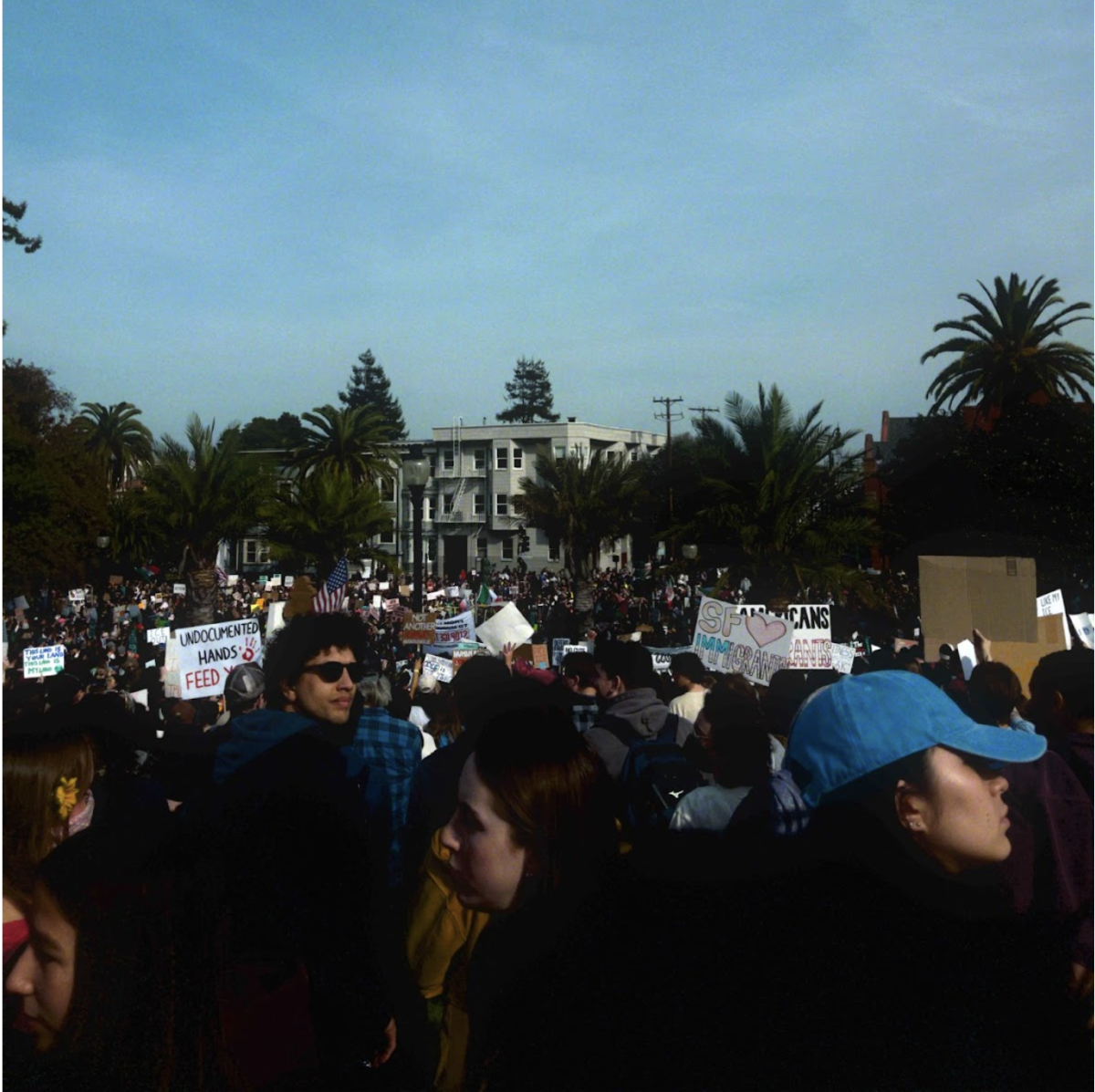Zoë Newcomb
Features Editor
Rising unemployment rates and seemingly negative lifestyle changes might just be a good thing for families facing job loss and economic insecurity.
Sophomore Jamie Haigh’s life changed drastically when her father lost his consulting job four months ago because investors dropped out of a project due to economic trouble.
“I went from a life where I didn’t really think about everything I had, to being completely lost because I hardly had anything,” said Haigh.
Haigh, along with her mom and brother, struggled to create a new lifestyle while their relationship with her father became more strained. The changes they made seemed difficult for them, but they knew it must have been even harder for her dad.
“It was rough, and we made a lot of sacrifices,” said Haigh. “But it must have been much worse for my dad. I’m sure he must have been disappointed because no part of our life was unaffected.”
Of the sacrifices made, Haigh said that the most noticeable was how they almost completely stopped eating out.
“I know it sounds cliché, but we began to consume less good,” said Haigh. “It’s not like I was hungry or going without food, but we weren’t living with tons of excess anymore.”
Haigh’s story is not unique; an estimated 8.7 million people in the United States are unemployed, according to the United States Department of Labor.
In San Francisco, where the 6.5 percent unemployment rate is slightly above the national average, unemployment have driven people in masses to places where they can get free services and help surviving daily life. While Haigh’s family is able to live off of a single salary and savings accounts, other families don’t have those same options.
The San Francisco Food Bank has seen drastic increases in people taking advantage of their services, and their pantry shelves are almost constantly empty.
“Food is one of the basic needs of people, and when they can’t provide food many feel helpless,” said Kei Hoshino, Communications and Marketing Director at the San Francisco Food Bank. “People flock to us because we are able to help people who can’t do anything. Not being able to afford an iPod might be a bummer, but not being able to afford food is devastating.”
Religious support groups provide assistance in not only finding jobs, but also providing a forum to discuss the emotional issues that unemployment bring up.
Congregation Sherith Israel has begun offering a two hour job loss support group, that through the help of a psychotherapist, explores “coping strategies for dealing with job loss and provides the opportunity to brainstorm new approaches to moving toward renewed emotional and financial stability”.
These resources tackle the often overlooked strain within family relationships.
Since her father’s unemployment, Haigh said her family is at a completely new place in their relationships.
“Once we got over the initial shock, our family began to bond in a way we never had before,” said Haigh. “It didn’t help to fight with each other, because we were all going through the same thing together.”
Haigh said that her father’s unemployment has been a good thing for her, because he is able to spend more time at home and with the family.
“I know my dad is just more content with his life since losing his job, because it gives him a chance to volunteer and do things he really loves,” said Haigh. “It’s hard because we don’t have a lot of money, but the enjoyment is more meaningful.”
For some people, frightening trends in the economy have led them to find jobs not out of necessity but for a sense of security.
“My mom decided to start working again because I don’t really need her around, and its better to be safe rather than sorry in this economy,” said sophomore Katie Carlson.
Because Carlson’s mother, a lawyer, is not forced to find work, she is able to take time to search out consulting projects she is interested in.
“It’s different having my mom not at home all the time, but I’m happy for her because she is happy,” said Carlson.
While job losses cause immediate problems and pain, for many families it gives them a chance to start new and create a different life for themselves.
“We lost so much money but we gained so much time together,” said Haigh. “I almost feel like pain and struggle is worth it, because now we have so many less tangible things that we have never had before.”








